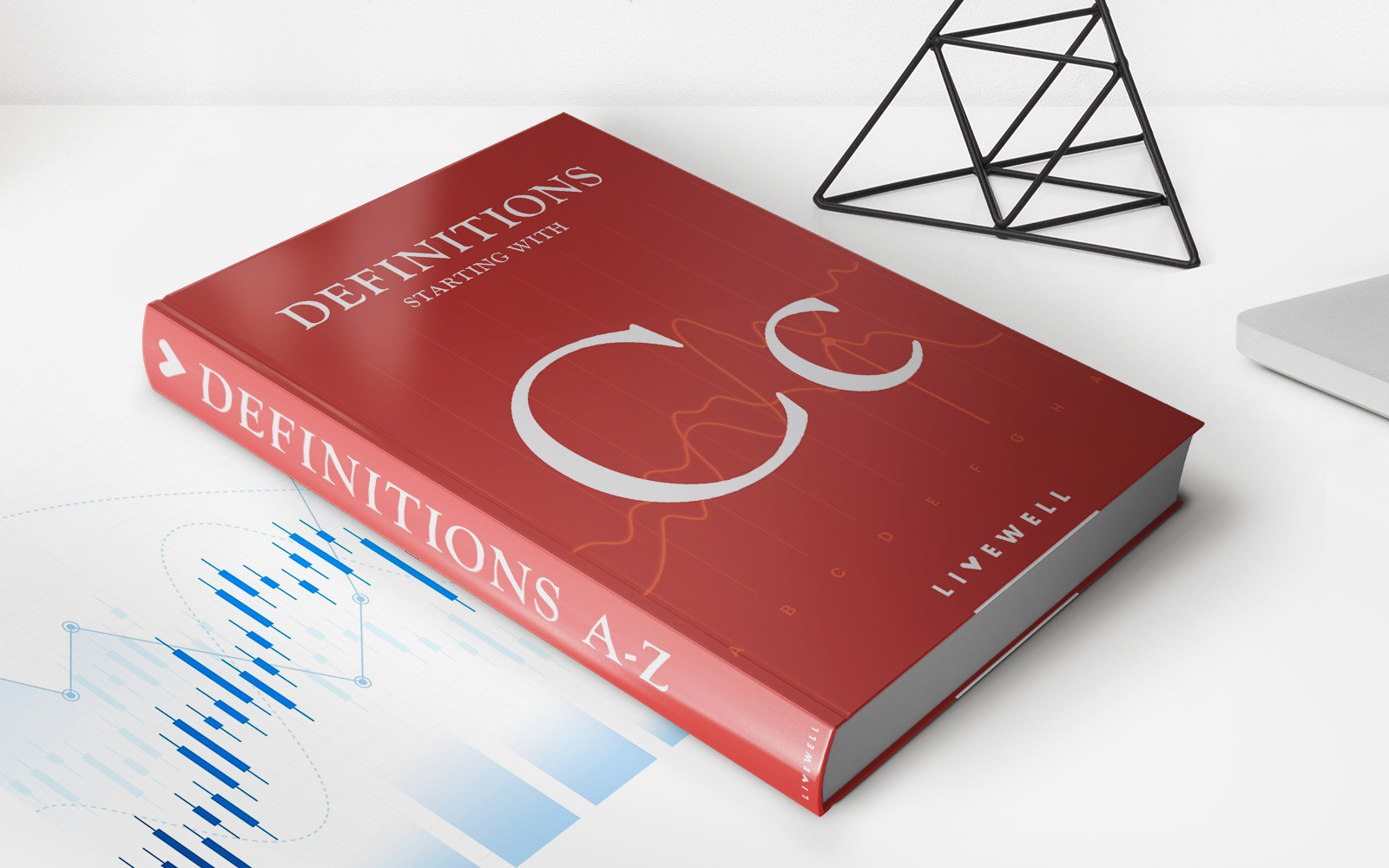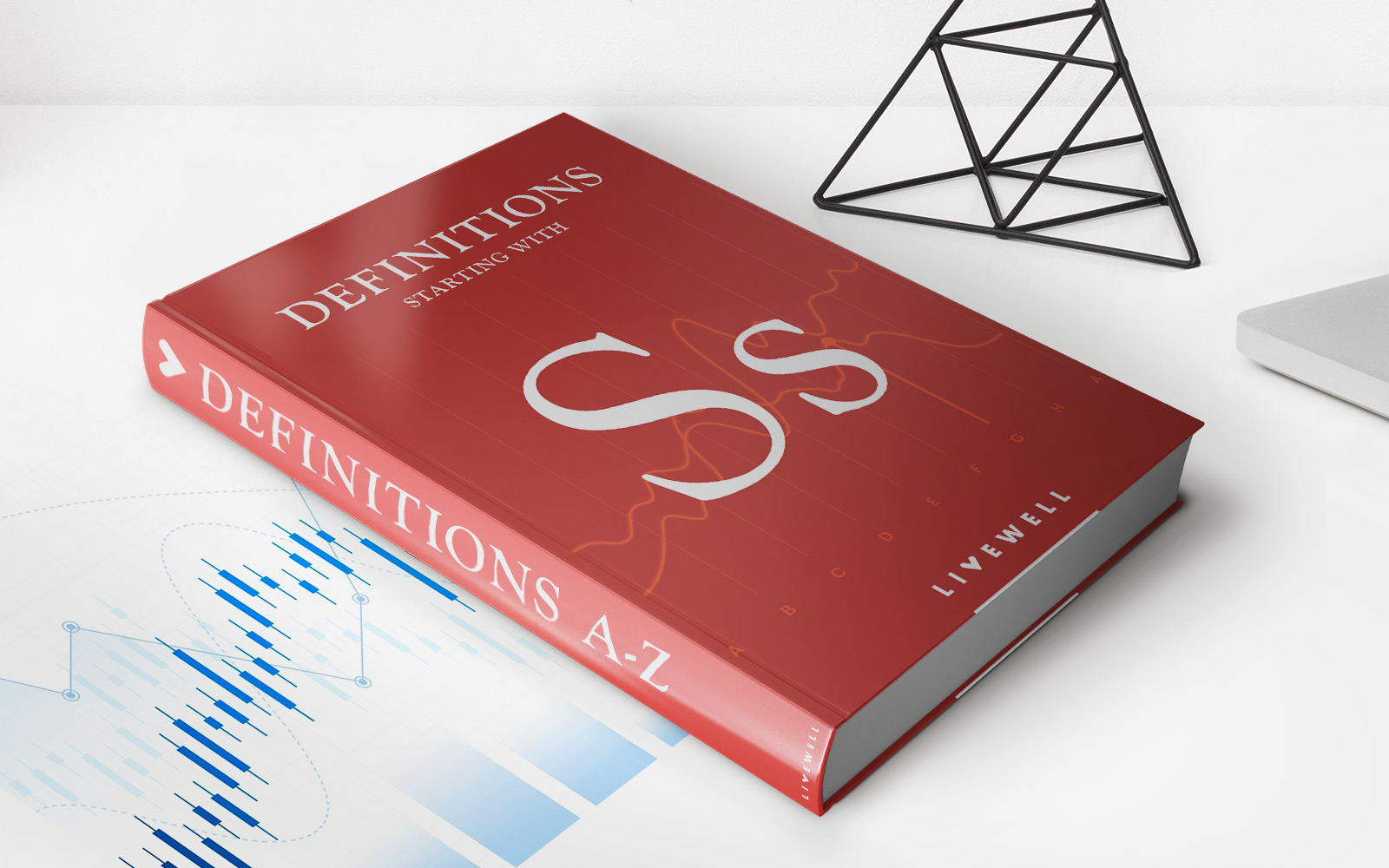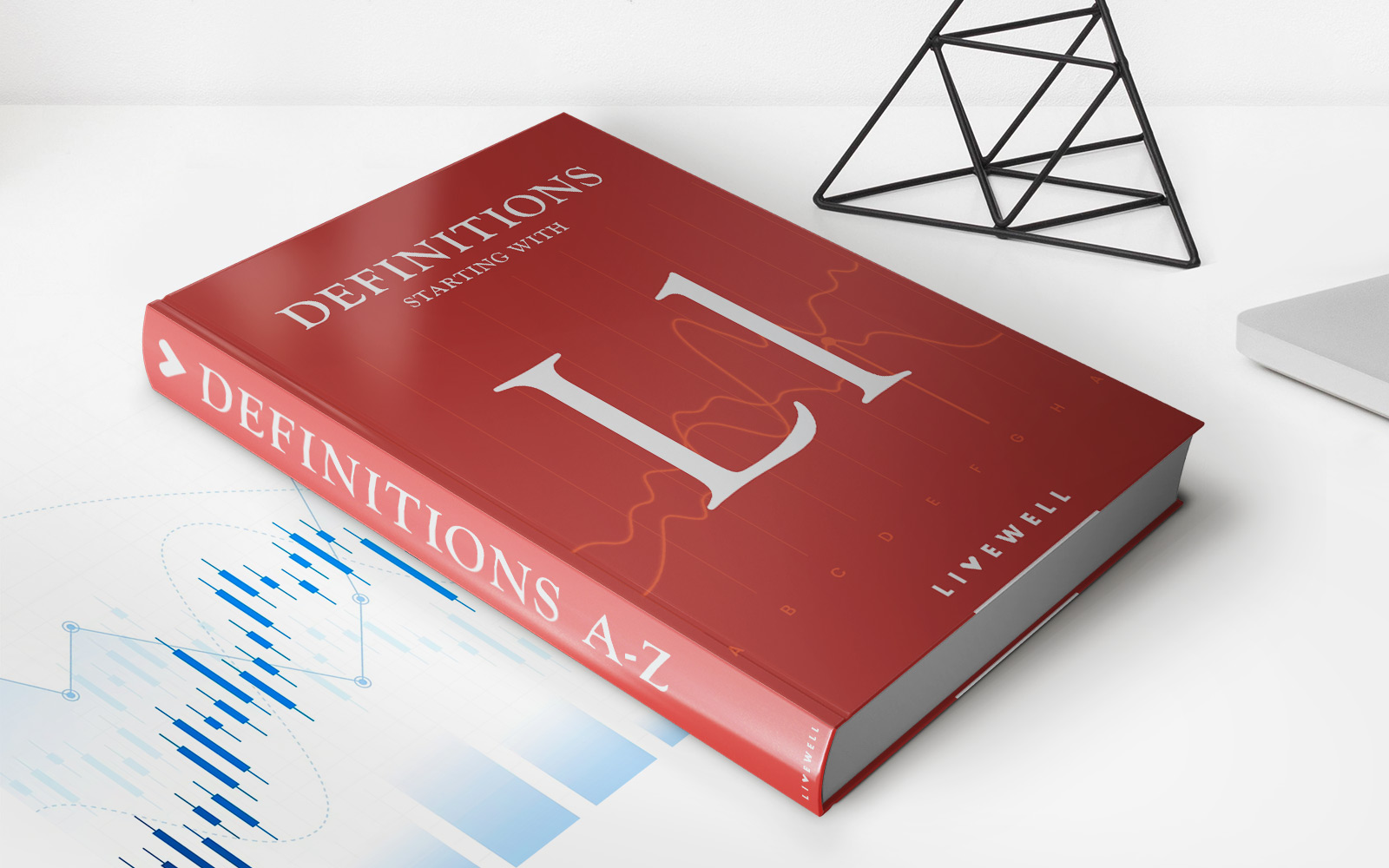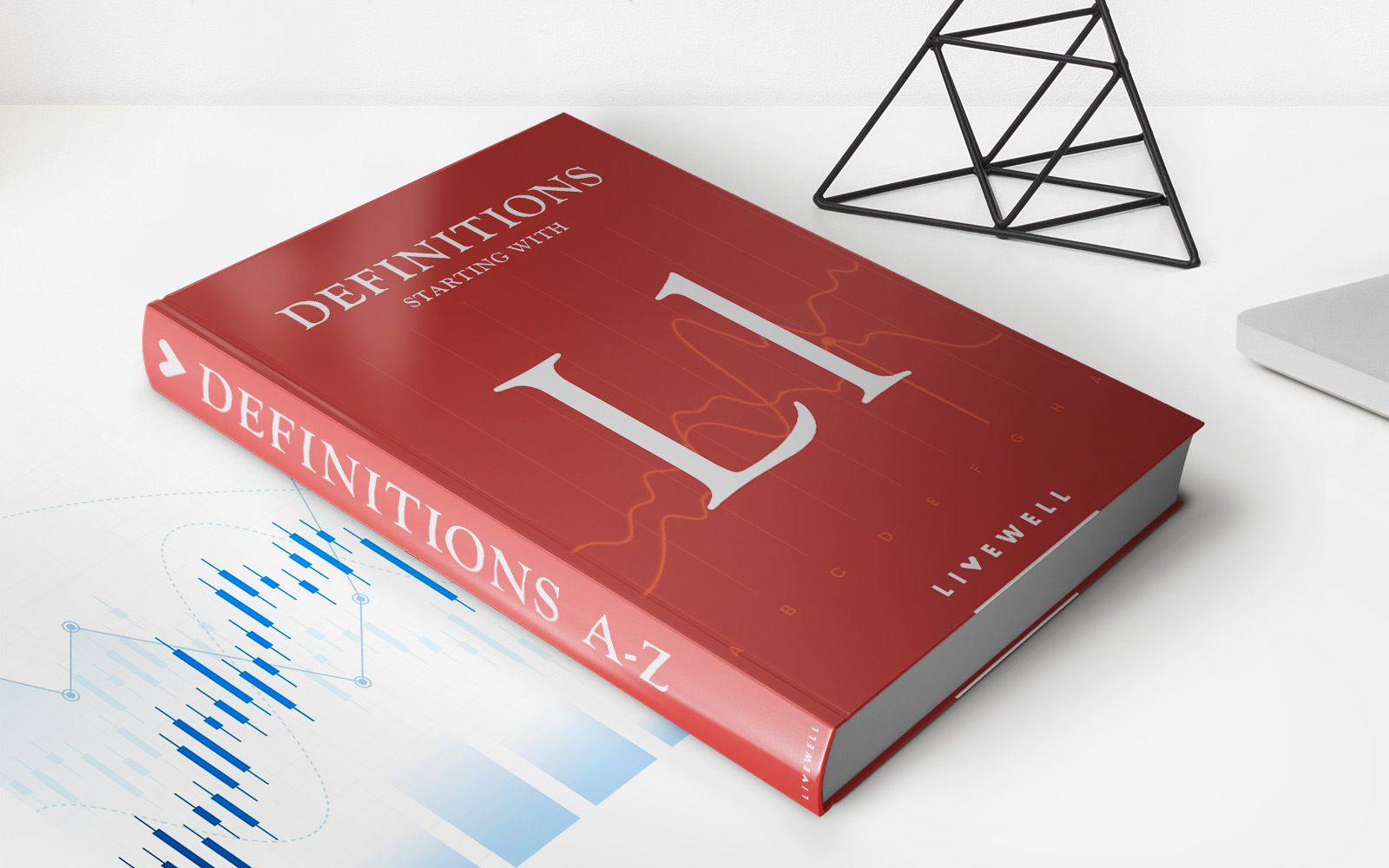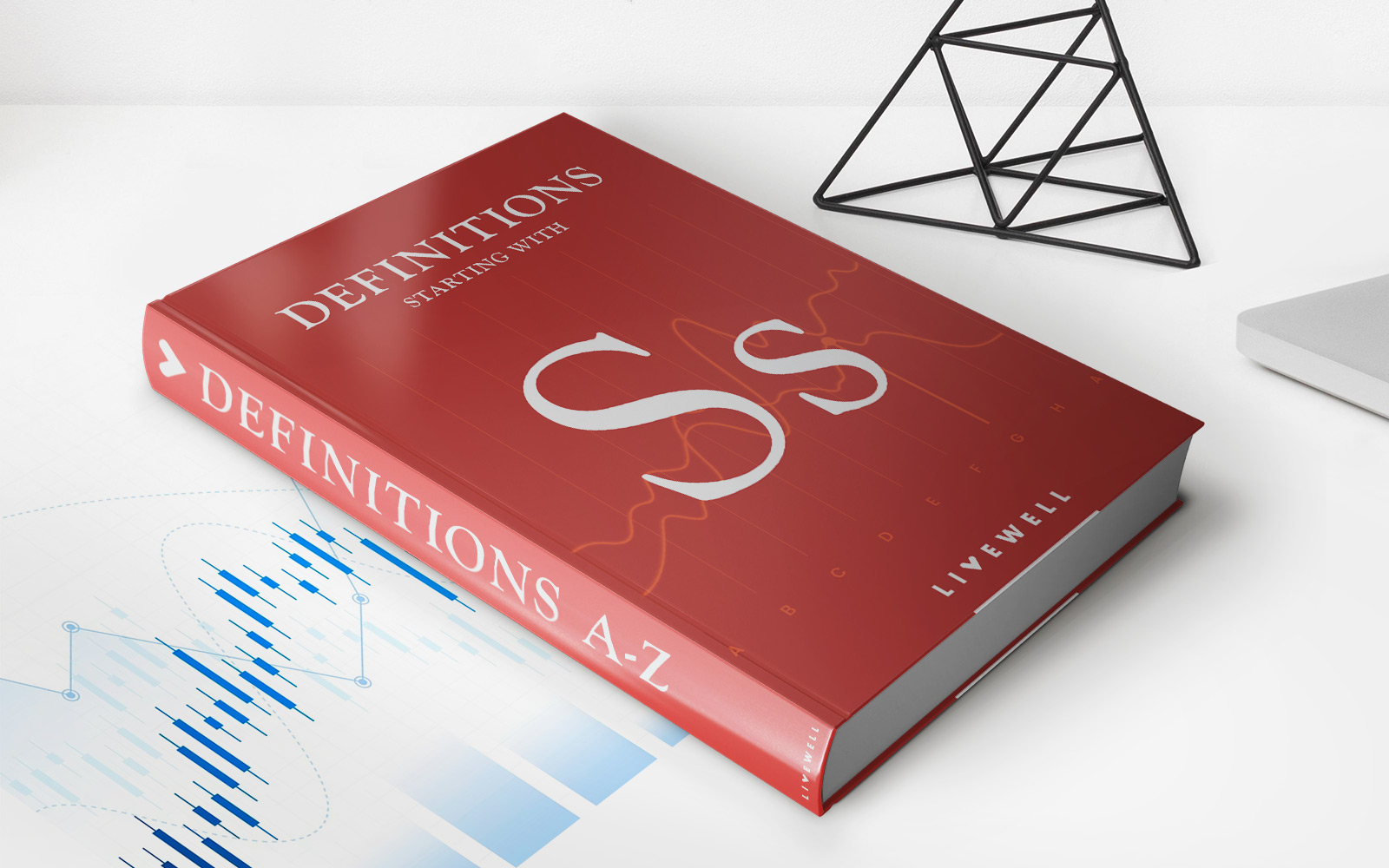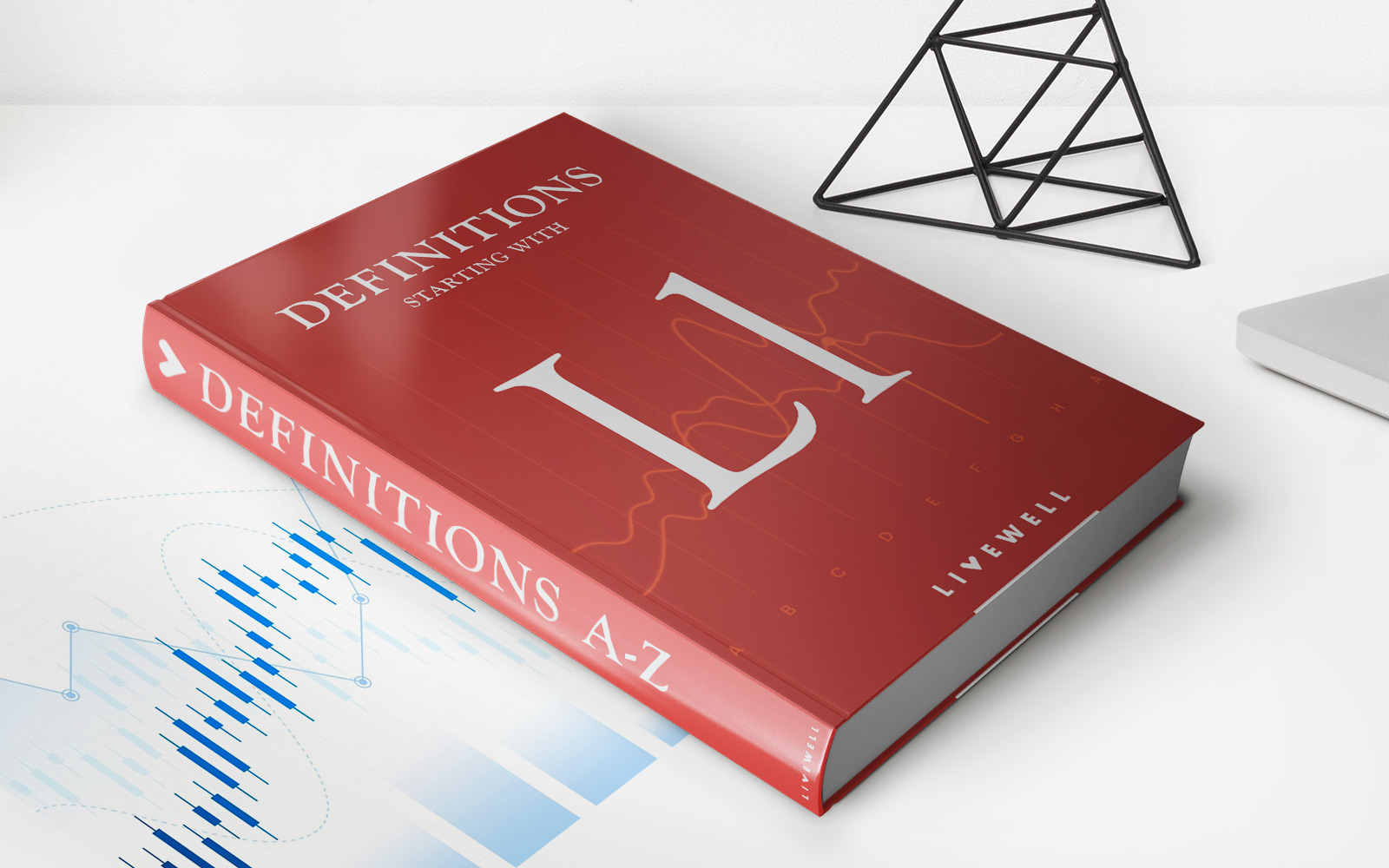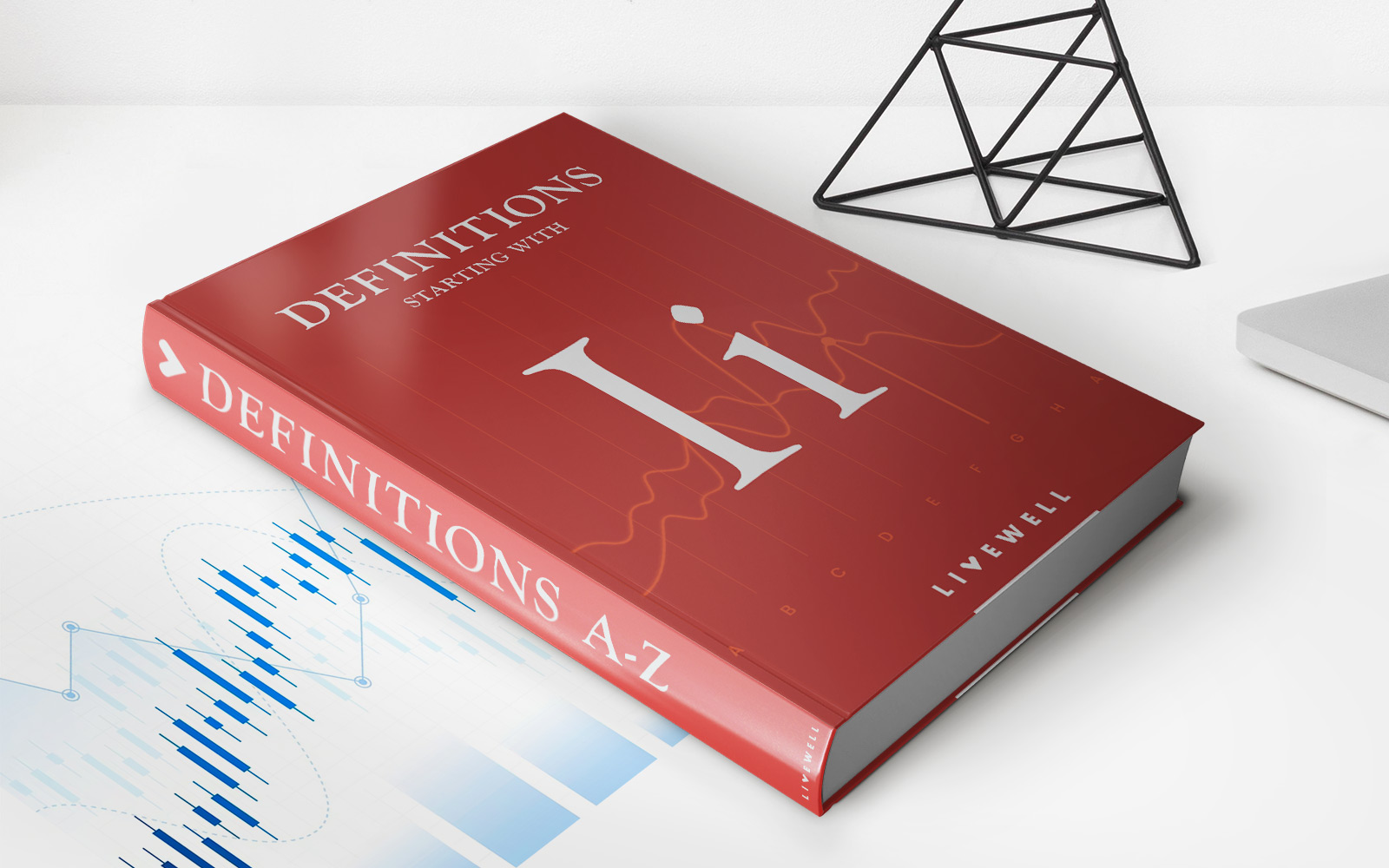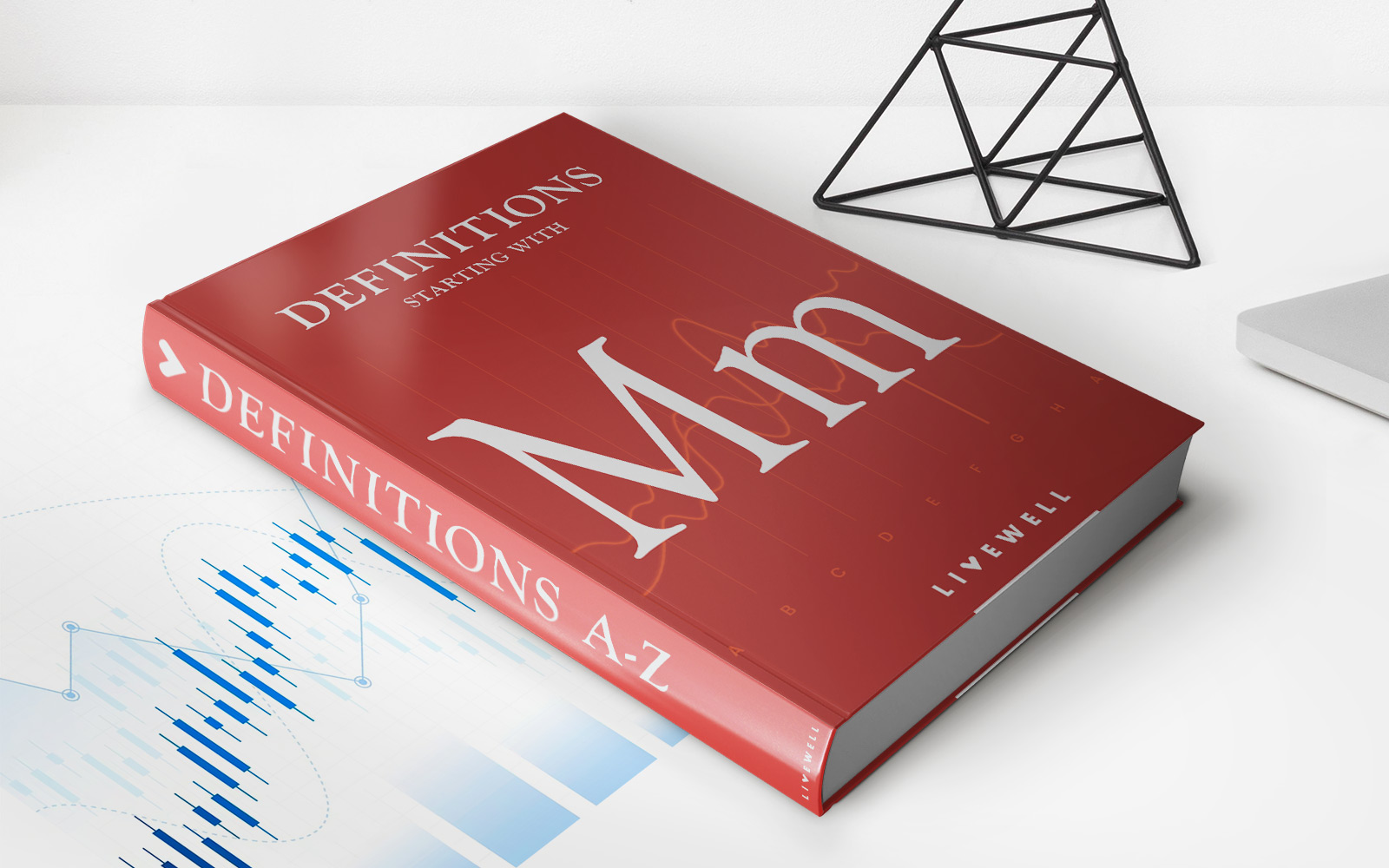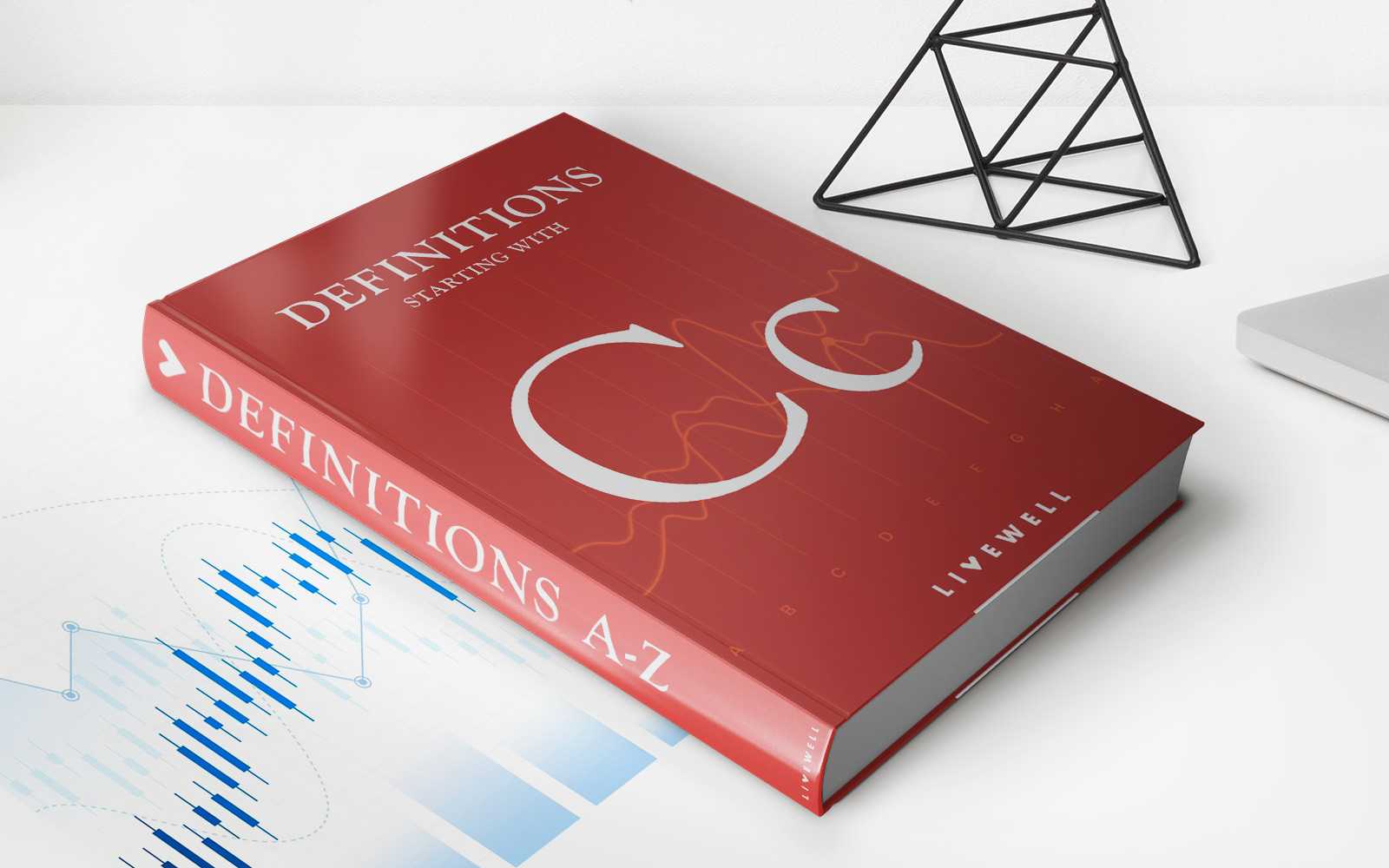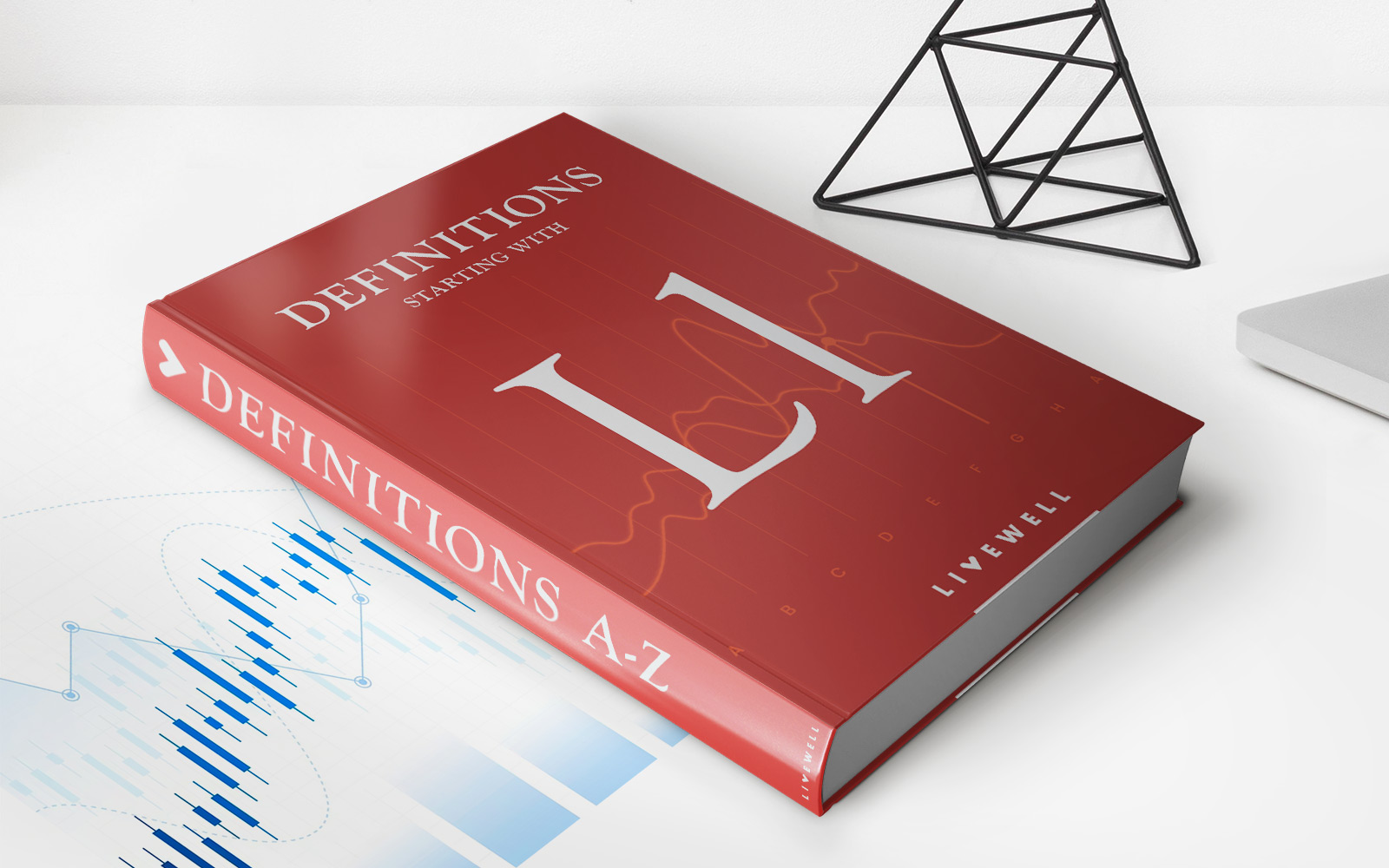

Finance
Labor Theory Of Value Definition
Published: December 16, 2023
Learn about the Labor Theory of Value in finance, which explains the value of goods and services based on the amount of labor required for their production.
(Many of the links in this article redirect to a specific reviewed product. Your purchase of these products through affiliate links helps to generate commission for LiveWell, at no extra cost. Learn more)
The Labor Theory of Value Definition: Understanding the Concept in Finance
Welcome to our Finance category! In this blog post, we are going to delve into the fascinating world of the Labor Theory of Value. Have you ever wondered how the value of a product or service is determined? How does labor contribute to the overall worth of an item? If these questions have piqued your curiosity, then you’ve come to the right place. Let’s dive in and explore the concept of the Labor Theory of Value in the realm of finance.
Key Takeaways:
- The Labor Theory of Value is an economic concept that suggests that the value of a product or service is derived from the amount of labor used to produce it.
- This theory asserts that the more labor-intensive a commodity is, the more valuable it becomes.
The Labor Theory of Value, first proposed by classical economists such as Adam Smith and later developed by Karl Marx, is a concept that seeks to explain how the value of goods and services is determined in an economy. According to this theory, the determining factor of value lies in the amount of labor required for its production. The more labor-intensive a product or service is, the greater its value becomes.
Now, you might be wondering how labor directly affects the value of a product or service. Here’s how:
- Amount of labor: The more time and effort invested in producing a particular item, the higher its value is perceived to be. This is because the labor involved in creating the product adds to its overall worth.
- Scarcity: The Labor Theory of Value also takes into account the scarcity of labor. If a skill or specialized labor is scarce, the products or services produced using that labor will generally have a higher value.
- Productivity: The efficiency and productivity of labor can also influence value. If a worker can produce more goods or services within a given time frame, the value of each individual item may decrease.
It’s crucial to note that while the Labor Theory of Value offers insights into understanding how labor contributes to value determination, it is not the sole factor. In modern economic theories, the concept of supply and demand, along with subjective preferences, also play significant roles in value determination.
In conclusion, the Labor Theory of Value is a concept within the realm of finance that emphasizes the importance of labor in determining the value of goods and services. While it may not explain value comprehensively in today’s diverse and complex economies, it offers valuable insights into the role of labor. By understanding this theory, we can gain a deeper understanding of how labor and value are interconnected.
We hope you found this blog post enlightening and insightful. Stay tuned for more captivating content in our Finance category!
